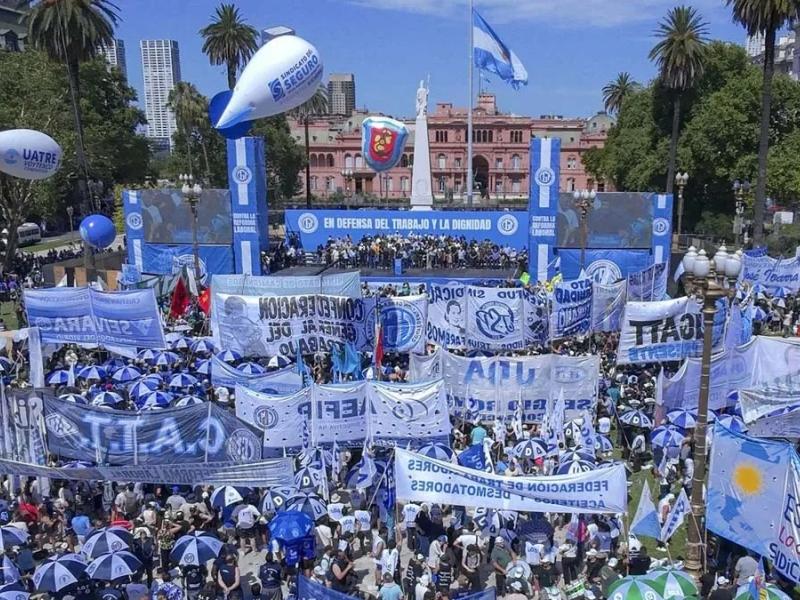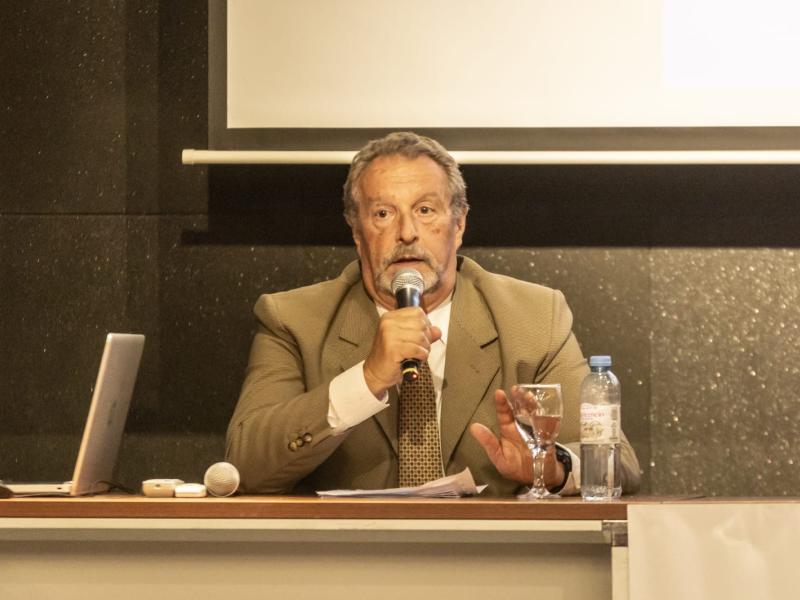When Captain Radhika Menon and her team came to the rescue of a small fishing vessel in the Bay of Bengal, an award for bravery was the last thing on her mind.
The first woman captain in the Indian Merchant Navy, Captain Menon led a dramatic operation in June 2015 to save the lives of seven people, including a 15-year-old boy, when stormy weather put a fishing boat in peril. The second officer of the Sampurna Swarajya oil products tanker spotted the boat, which appeared to have a child on board. It had no accommodation or facilities and was ill-equipped to be so far out at sea. The tanker was itself battling against winds of 60-70 knots and a heavy downpour as it travelled down the east coast of India.
Menon described the hazardous incident:
“My focus was on the child … I instantly knew that if I didn’t pick them up there was no chance of survival for them. For us we were on a big ship. It was very difficult. We were being tossed up and down, the bow was crashing into the water. Because of the rain we couldn’t see anything after mid-ship. Visibility was very poor. So the decision for rescue was taken instantly.
“I had to manoeuvre the vessel around the boat, so I could give them shelter from the weather, in such a way that I didn’t harm my people. My brave people went on the deck in that bad weather so I had to take care of them plus take care of these people so that [there were] no casualties.”
But the storm took its toll on the rescue effort and it was only after three manoeuvres that all six people and the boy could climb the pilot ladder to the safety of the tanker. Once on board, Captain Menon let the fishers use the ship’s phone to call home, while the crew gave them some of their own clothes and SIM cards. “They were in tears. They were all overwhelmed. They said it was a reincarnation for them,” said Menon. She explained how their families, believing they had perished, had already begun to prepare for their funeral.
At the mercy of the sea for six days, the fishing boat Durgamma had lost anchor, food and water had been washed away and the fishers had been sustaining themselves on ice from the cold storage.
Captain Menon praised the work of her crew during the operation: “My ship’s staff were very brave and they did a wonderful job. Excellent teamwork and dedication led to the operation being very successful.
“I am extremely proud of them because they could have refused to go on deck. The faith they had in me was very good. If they didn’t agree to go on deck, if they didn’t cooperate with me, I could do nothing. Manoeuvring a ship is not like manoeuvring a car. I’m extremely proud of my people, they did a very good job.”
Some seven days later, the tanker berthed and the fishers were taken ashore and reunited with their families.
Captain Menon’s leadership and courage during the rescue were recognised on 21November 2016 when the International Maritime Organization (IMO) presented her with an award for exceptional bravery at sea. She is the first women to receive the accolade. “It feels really great. It’s the greatest honour for any seafarer and it’s the greatest honour that me and my team received. It’s worth cherishing,” she said.
Radhika Menon, who has been a captain for four years, first joined the merchant navy as a radio officer, transmitting and receiving messages, but she was keen to move into navigation. She soon became a deck officer before climbing the career ladder until she was appointed master of the Sampurna Swarajya.
So what’s it like being a woman in a male-dominated industry? Menon believes keeping her goals in mind kept her on track and able to deal with discrimination: “I kept going on because fear of failure did not stop me from doing what I wanted to do. Apprehensions are there but when you’re focused, when you do your job, people have confidence in you, they accept you.”
“There is no job that is for a female or a male. For the teaching or nursing profession females are accepted, but in any other profession, there is a certain amount of apprehension. That apprehension goes out after a few days at every stage of your career. You come as second mate, people scrutinise you – ‘How good is she?’. When they’re satisfied, it helps you grow. Even though it was not a cakewalk, I grew stronger with it.”
An active trade unionist, Menon has been vice-president of the Maritime Union of India (MUI), an ITF affiliate and India’s first maritime officers’ union. She has been involved with the union in one way or another for a decade. “They’re very supportive and they have always promoted me,” she commented.
She also speaks highly of the ITF’s work, highlighting how she witnesses the work it does on an almost daily basis. She said the ITF is “doing a very superb job” helping seafarers, for example in negotiating collective bargaining agreements. She is keen to work with the ITF women’s department to improve standards for women seafarers, explaining: “I, as a senior, would like to bring out something that will help the women seafarers not to go through all I have gone through and make it easier for them and at the same time make it easier for employers also to deal with problems associated with women seafarers. That is the main reason I joined the MUI.
{"preview_thumbnail":"/sites/default/files/styles/video_embed_wysiwyg_preview/public/video_thumbnails/tHYUuWmkob8.jpg?itok=-FeAVsn8","video_url":"https://youtu.be/tHYUuWmkob8","settings":{"responsive":1,"width":"854","height":"480","autoplay":0},"settings_summary":["Embedded Video (Responsive)."]}



